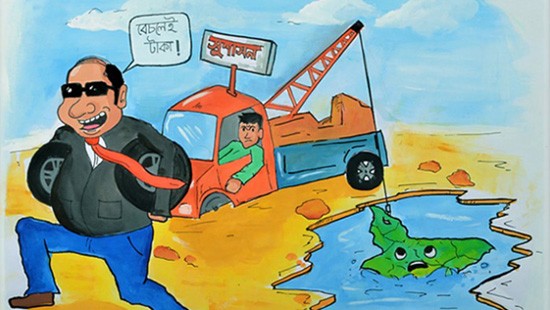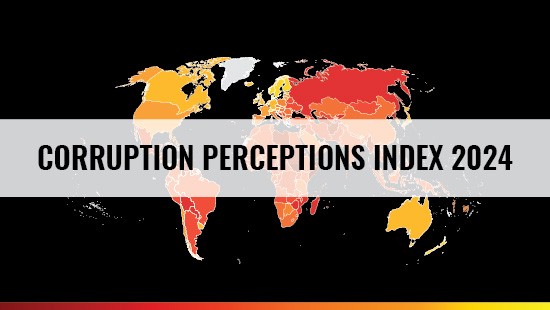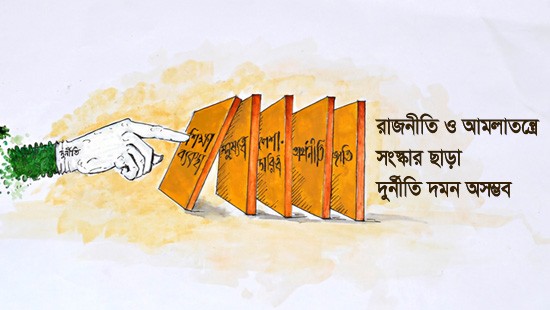Published: 22 October 2013
Election time government: Need for scenario mapping
Iftekharuzzaman
BY all indications, the prime minister’s proposal for an all-party election time government (ETG) is likely to be turned down by the main opposition party. The PM did not offer a full-blown solution to the political stalemate, but a potentially important step towards reaching a mutually agreeable framework for ETG. Whether or not the high hopes raised by the PM’s speech on October 18 will be transformed into a solution, or catalyse another reportedly in the offing from the opposition, remains in the hands of the two top leaders.
In substance, the PM’s proposal is the same one she mentioned during her interview with BBC World Service, just as an idea. It has now taken a more concrete shape though some critical questions still remain open. For instance, what will be the size of the ETG, and how would the number and portfolios be distributed? The bigger question is about the head of the ETG, on which the opposition has clearly taken a strong stance more than once. No less important is the question whether the election will be held before dissolving the Parliament which, given the lack of mutual trust between the contending sides, is widely viewed to be detrimental to the level playing field needed for free and fair election.
If the PM’s speech contained clarity on these questions, the hopes could be higher, although in a rather unique context of distrust bordering on mutual hatred. Even if such questions were addressed in the speech, reactions would not be free from skepticism. Be that as it may, there were indications in the PM’s speech, at least prima facie, that questions like those could be discussed if the opposition responded positively.
In any case, the ball has landed in the opposition’s court, at least for a while. When the party stipulates an alternate proposal of its own, it will be clear whether it is going to contain any of the positive elements of the PM’s proposal to constitute an all-party ETG or whether it will stick to the demand for non-party caretaker government.
In the meantime, in less than 24 hours after the PM’s speech, the government imposed a ban on meetings, processions and rallies. Whatever may be the motivation, this act by the police authority is ill-advised to say the least, as it has created_at the space for raising the question whether it is consistent with spirit of the PM’s proposal. Credibility of the ban is questionable because of the unnecessary rush 5 days before the opposition rally due on October 25, which is clearly the main target.
In all fairness, if the rationale is to prevent disorder and violence by “axes and choppers” as called upon an opposition leader, the task of the law enforcement authority is to prevent disorder and violence by banning the carrying or use of such weapons or tools. Law enforcement agencies do have the responsibility to ensure that exercise of one’s right is not at the expense of another’s. But nothing in a democratic society can justify depriving the people of their constitutional rights. The opposition can hardly be challenged if they now take this as an example of them being pushed out of the course of a negotiated solution.
Be that as it may, the PM’s offer has the potential to lead to realisation of a “golden dream.” Imagine for a moment that the PM went a step further and said explicitly in her speech that she would be open to discuss matters related to the size, relative share and distribution of portfolios of the ETG cabinet. She could also declare that she was willing to discuss whether or not the Parliament should be dissolved before election to ensure level playing field. She could have indicated the same openness regarding the head of the ETG. Indeed, she could even offer that in greater national interest she would be willing to relinquish her claim to this position. Wouldn’t she and her party be remembered for unprecedented political maturity and acumen delivered at a critical stage?
The other possibility of this “golden dream” scenario could be if the leader of the opposition had not only welcomed the offer without procrastination but also declared that her party would join the all-party ETG even with the present PM as head, subject to mutually agreeable settlement of other issues mentioned above. She would also have set an excellent precedent to follow.
In either case, which unfortunately remains a chimera, we would have the elections smoothly conducted by a sufficiently empowered election commission and arrangements for a reasonably neutral administrative arrangement. In keeping with our political tradition the losing side would in any case question the credibility, but it could be an election to have met the national and international expectations.
The second possible scenario could be a “silver dream” in which the government pushes ahead with the election under the 15th Amendment in which the opposition eventually decides to join. Unrealistic as it appears, election is hypothetically held before watchful eyes of the media and national and international observers. Since the opposition would have joined election by choice, and assuming that the election is held in a manner that is found acceptable by national and international observers, smooth transition would take place even though questions would still be raised by the losing side about credibility.
The third possible scenario is a “bad dream” in which the government pushes ahead with the election under the 15th Amendment, but the opposition doesn’t take part and makes all-out effort to resist it. Nevertheless, election is held amidst violence, use of force and bloodbath, but its credibility will be questionable. To recall a similar experience, the tenure of a government elected without the main opposition party/coalition is likely to be short-lived at best, creating an unpredictably long period of uncertainty.
The final one is a “nightmare” under which none of the above is possible while the street battles, including all possible levels of violence, create such mayhem that the situation goes beyond the control of democratic political forces. As unpredictable as the implications of this nightmarish scenario are, what is certainly predictable is that the political forces would create their own Frankenstein in both political space and beyond.
The sooner our leaders apply political acumen and consider public interest to resort to the drawing board for strategic scenario mapping, the better for the future of democracy in Bangladesh.
The writer is Executive Director, TIB.
This article has been published in ![]() on 21 October, 2013
on 21 October, 2013







